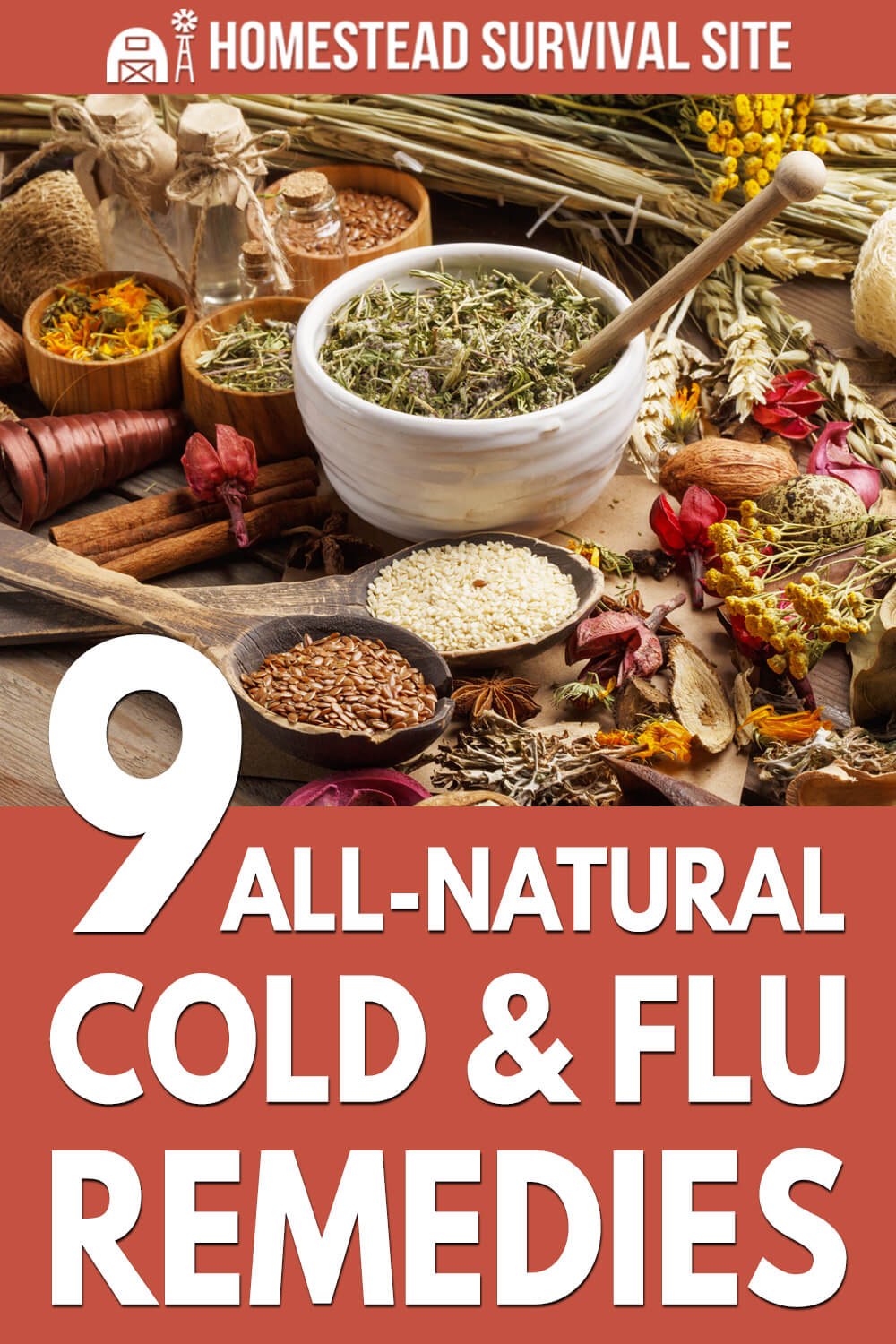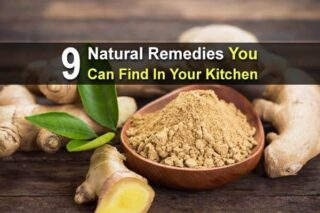Estimated reading time: 7 minutes
Disclaimer: I am not a medical doctor and nothing in this article should be taken as medical advice. Please talk to your doctor before using any of the herbs and/or remedies mentioned in this article. With cold and flu season coming up, now is the time to get you and your family armed and ready for battle. While there are plenty of things you can do to make a round of illness less miserable, the best offense is a good defense.
The following all-natural remedies don't just treat colds and flus. They're also extremely good for preventive care. With a little know-how and preparation, you can position yourself on the winning team against the coming wave of winter colds and flus.
Want to save this post for later? Click Here to Pin It On Pinterest!
Echinacea

The grandfather of medicinal herbs in America, echinacea has been used on the continent for hundreds of years to treat infections. With powerful flavonoids that both boost the immune system and reduce inflammation, this root is a potent therapeutic remedy.
Research has indicated that echinacea may lower the risk of contracting a cold by up to 50 percent. Generally, echinacea is taken as a tea or tincture, but there are many different forms commercially available, including pills.
Elderberry
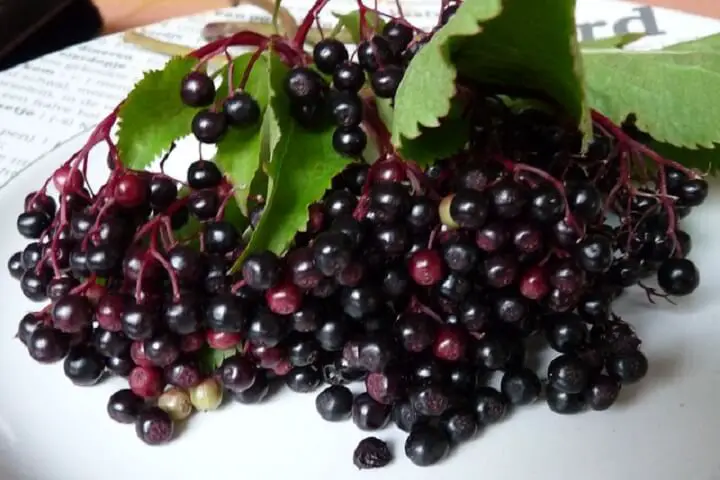
Chock full of bioflavoniods, natural compounds, and tannins that work against influenza, elderberry is an old standby of natural medicine cabinets. There is some evidence that elderberry syrup can be used to prevent flu, but there is absolute proof that it works to treat flu once you have it.
Elderberry fights the flu by preventing the formation of hemagglutinin, a protein the virus uses to replicate. For the best results, you should begin taking elderberry in the first 48 hours of flu or cold symptoms.
To make your own elderberry syrup, you can either use fresh or dried elderberries. These small trees grow almost everywhere, so if you can harvest them yourself, you definitely should. There are many recipes online, but here's my favorite:
- Gather 1 part fresh berries and 3 parts water.
- Grate in some fresh ginger, a few cloves, and a cinnamon stick and bring to a boil in a saucepan, then simmer for 30-40 minutes.
- Strain through a sieve, mashing the berries to extract all the juice.
- Add one part honey to the liquid and refrigerate.
Not only is it a handy flu remedy (take 1-3 tablespoons per day if symptomatic), but it is also delicious on pancakes!
Fresh Ginger
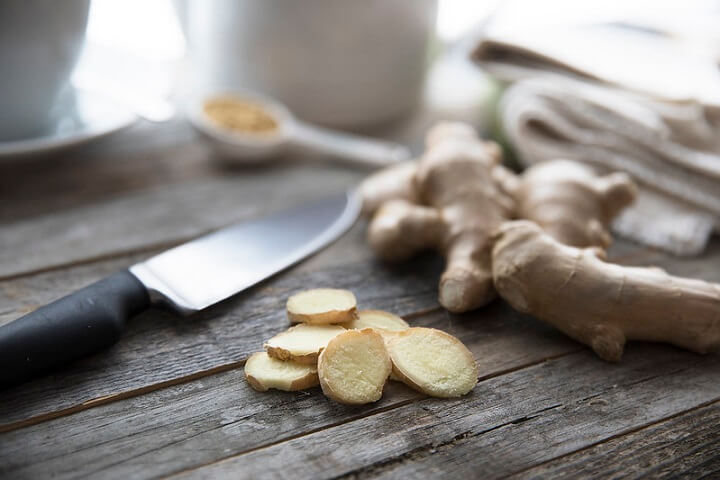
As unbelievable as it may sound, fresh ginger tea is a virus-slaying powerhouse. Because the root has antiviral, antibacterial, and anti-inflammatory properties, it is a useful weapon in the fight against seasonal illness.
The important distinction to make here is that the ginger must be fresh: dried ginger does not have the same potent antiviral properties. To use ginger as part of your cold and flu-fighting regimen, you can grate it into boiling water to make tea, slice it and add it to soups, or you can juice it and add it to fresh juice or water.
Garlic
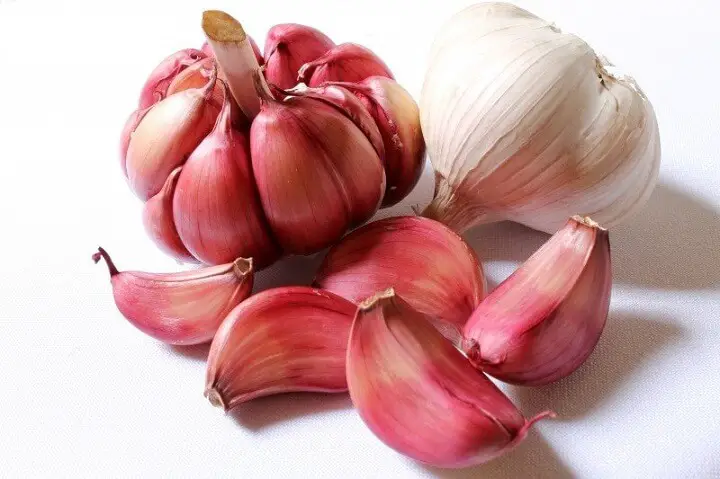
In addition to mythic vampire-fighting powers, garlic has long been used to ward off sickness. While it may leave you with bad breath, it can also keep colds and flus from making you miserable by boosting your immune system.
If you do happen to succumb to sickness, garlic can help minimize the severity of your symptoms. To use garlic, you can add it into soups, eat it raw (if you work from home, haha), or even take it in capsule form.
Honey
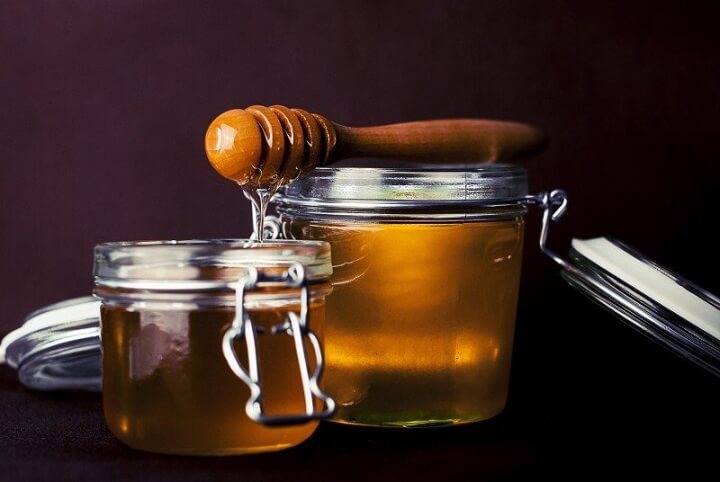
Used as a preservative and topical treatment for thousands of years, honey is well-known for its antibacterial and antimicrobial properties.
Honey is particularly useful for soothing sore throats and suppressing coughs. A spoonful of honey stirred into a cup of hot tea is the perfect delivery system to treat someone suffering from a cold or flu.
Probiotics
A darling of the alternative health world, probiotics are promoted as a cure-all by many practitioners. These friendly bacteria are part of your natural flora and are responsible for keeping your gut healthy and functioning smoothly.
Your gut is already jam-packed with probiotics, but there is no harm in adding more to your diet in the form of fermented foods, yogurt, or supplements. While probiotics are known to help with a myriad of digestive problems and even skin disorders, there is also research indicating that they can play a role in preventing respiratory infections.
Sauerkraut, kimchi, yogurt, and lacto-fermented vegetables are all highly-nutritious ways of increasing your probiotic intake, but you can also easily find supplements to take in capsule form.
Vitamin C
It may seem cliche, but Vitamin C truly is one of the most powerful antioxidants out there, and it's a powerful immune system ally. Citrus fruits, hot peppers, and leafy greens are all excellent sources of vitamin C.
Squeezing lemon juice into tea (along with a little honey) is a delicious way to boost your levels. If you do get sick, increased Vitamin C intake can help clear an infection up quickly.
Health-Boosting Combinations
Fire Cider
This folk recipe incorporates a few of the heavy-hitting flu and cold remedies (honey, garlic, and ginger) into one immune-boosting titan. Technically considered an oxymel, this sort of tincture uses honey and vinegar infused with medicinal ingredients.
There are many recipes online, but a good basic one uses 1 part grated ginger, 1 part grated horseradish, 2 parts chopped onion, ten cloves of garlic chopped or crushed, a couple of spicy peppers, the zest of one lemon, a tablespoon of dried turmeric, and a couple of sprigs of fresh rosemary. Here's what to do:
- Layer these ingredients in a mason jar, then cover with apple cider vinegar and store in a cool, dry place for 4-6 weeks, shaking the jar often.
- After it’s had some time to steep, pour the infused vinegar through a sieve and add a quarter cup of honey or more to it.
- You can use this as a winter tonic, taking a shot each day, and it can even be added as a dressing for salads or vegetables.
Chicken Soup

Surprisingly, the oldest treatment in the book, chicken soup, has some clinical evidence backing it up as a cold and flu remedy. To create a soup that brings out all the big guns, add sliced ginger, garlic, a spicy pepper, and even turmeric to the pot as it cooks.
Despite the general assumption that you can’t treat a cold or flu, there are plenty of all-natural cold and flu remedies and preventive measures you can take.
Like this post? Don't Forget to Pin It On Pinterest!



